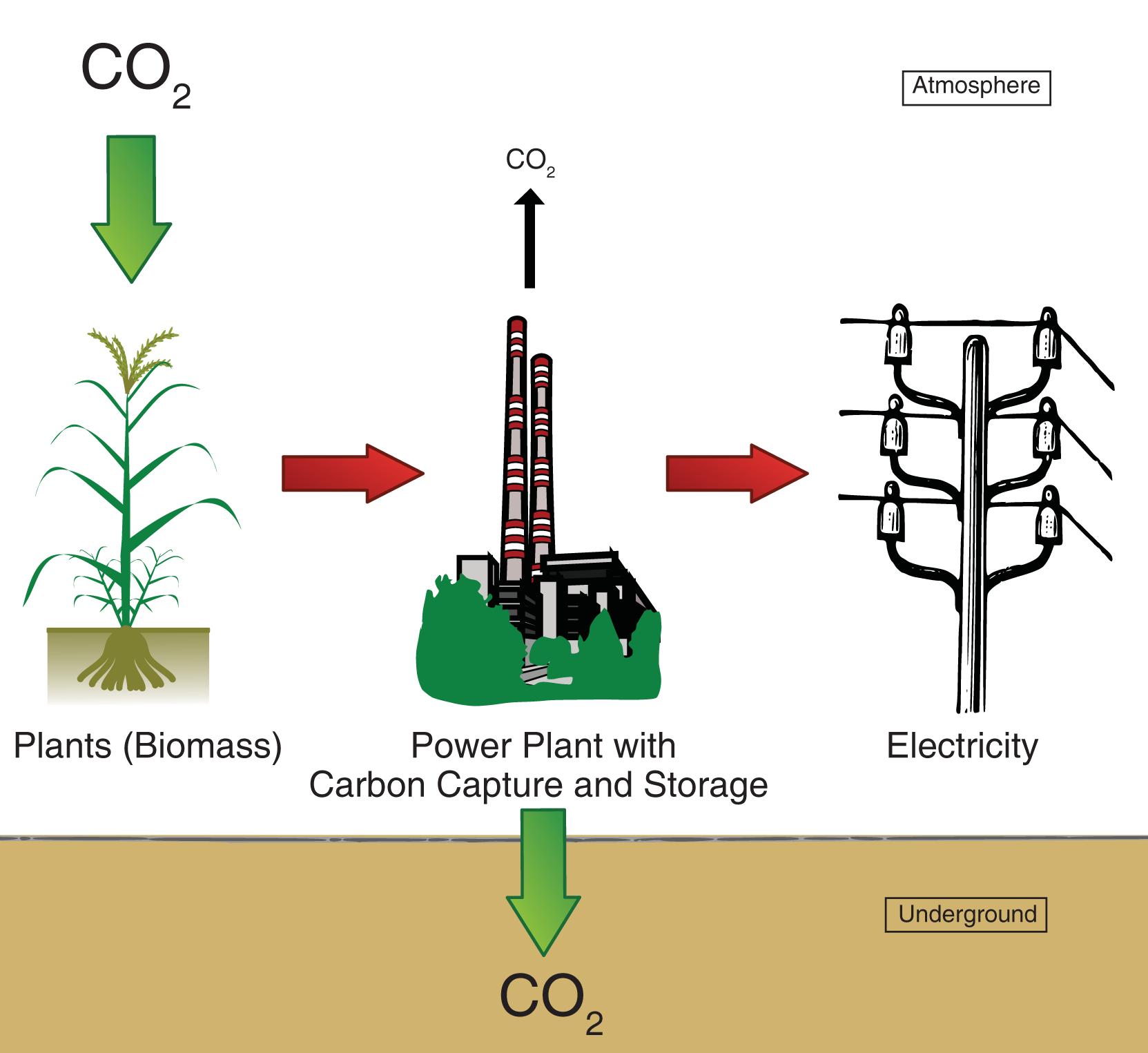
Carbon capture and storage (CCS) technology has gained significant attention in recent years due to its potential in mitigating greenhouse gas emissions and combating climate change. While its primary application lies in power generation and industrial sectors, petrochemical processing also stands as a key area for the deployment of carbon capture techniques.
Petrochemicals, derived from crude oil or natural gas, serve as the building blocks for a wide range of products, including plastics, fertilizers, textiles, and pharmaceuticals. However, the production processes associated with petrochemical refining emit substantial amounts of carbon dioxide (CO2) into the atmosphere, contributing to global warming.
To address this issue, initiatives have been undertaken to capture and store CO2 emitted during petrochemical operations, preventing it from entering the atmosphere. Carbon capture technologies allow for the separation and subsequent capture of CO2 from exhaust gases produced during various petrochemical processes.
“The integration of carbon capture into petrochemical plants presents a promising opportunity to reduce CO2 emissions and enhance sustainability in the industry.” – Dr. Anna Carter, Environmental Scientist
Once captured, the CO2 can be transported via pipelines and injected into suitable geological formations for long-term storage, such as depleted oil and gas reservoirs or deep saline aquifers. By preventing the release of CO2 into the atmosphere, carbon capture enables the reduction of greenhouse gas emissions and helps industries achieve their emission reduction targets.
Moreover, captured CO2 can also find applications in enhanced oil recovery (EOR) techniques. When injected into oil reservoirs, the CO2 displaces residual oil, increasing production while sequestering the greenhouse gas underground.
Implementing carbon capture in petrochemical plants does come with challenges, including cost considerations, energy requirements, and the selection of appropriate capture technologies. However, ongoing research and development efforts aim to improve the efficiency and viability of these technologies, making them more economically feasible in the long run.
Investment in carbon capture for petrochemical applications not only helps reduce emissions from the sector but also contributes to the development of sustainable practices in the industry. Collaborative efforts between governments, research institutions, and petrochemical companies are crucial in driving innovation and achieving a cleaner and greener future for the petrochemical sector.
As the world continues to transition towards a low-carbon economy, carbon capture in petrochemical applications will play a vital role in minimizing the environmental impact of the industry and ensuring a sustainable future for generations to come.






